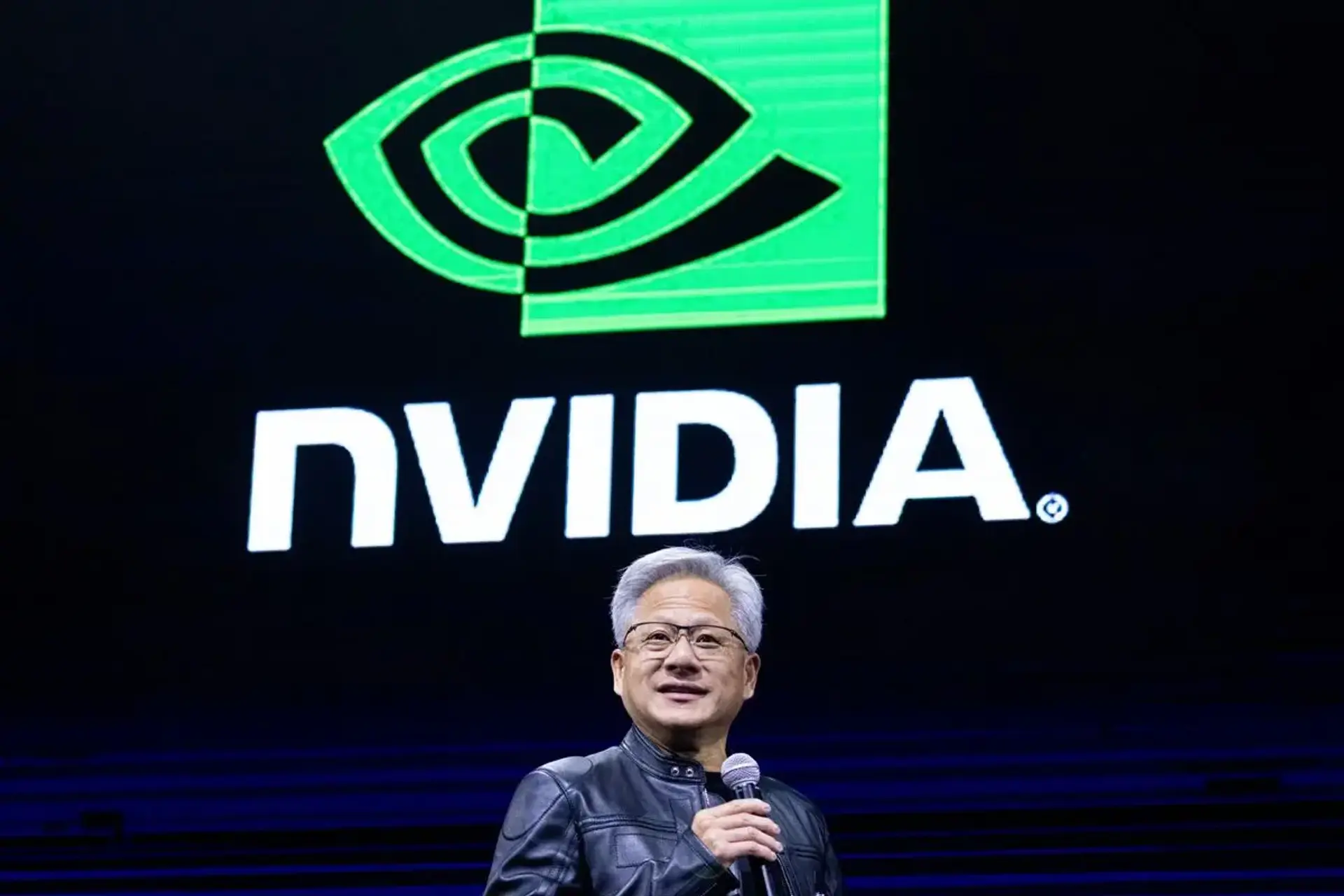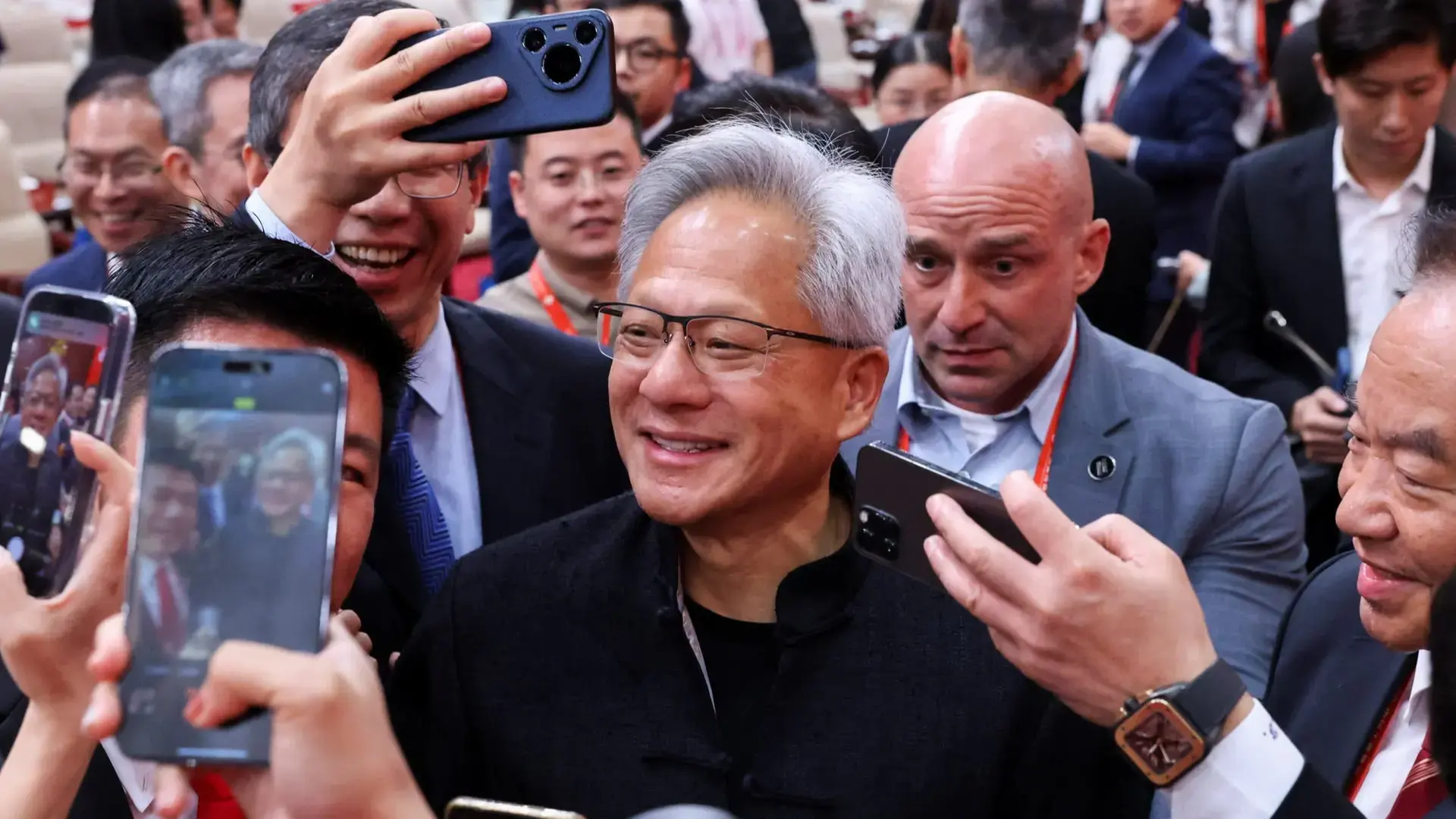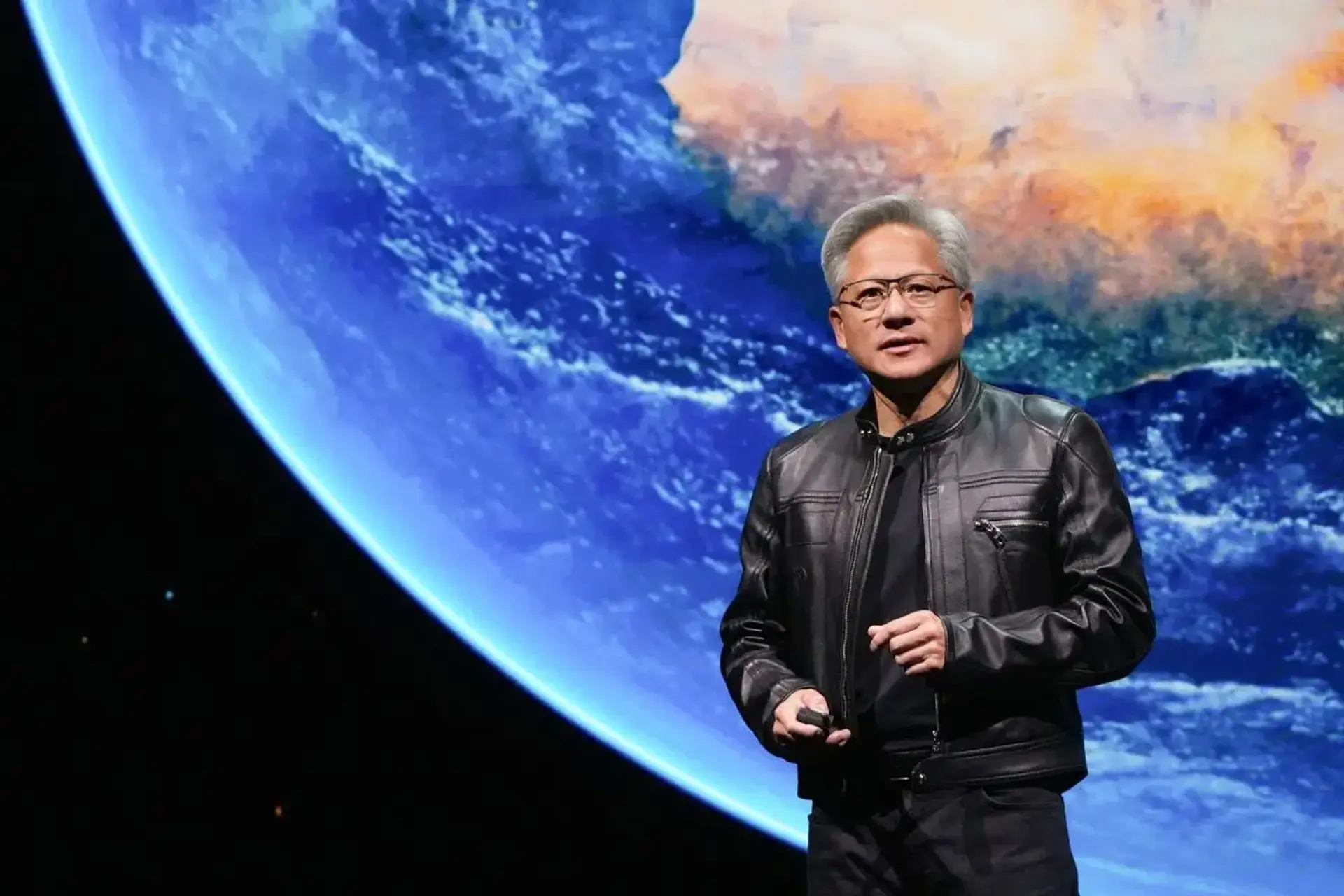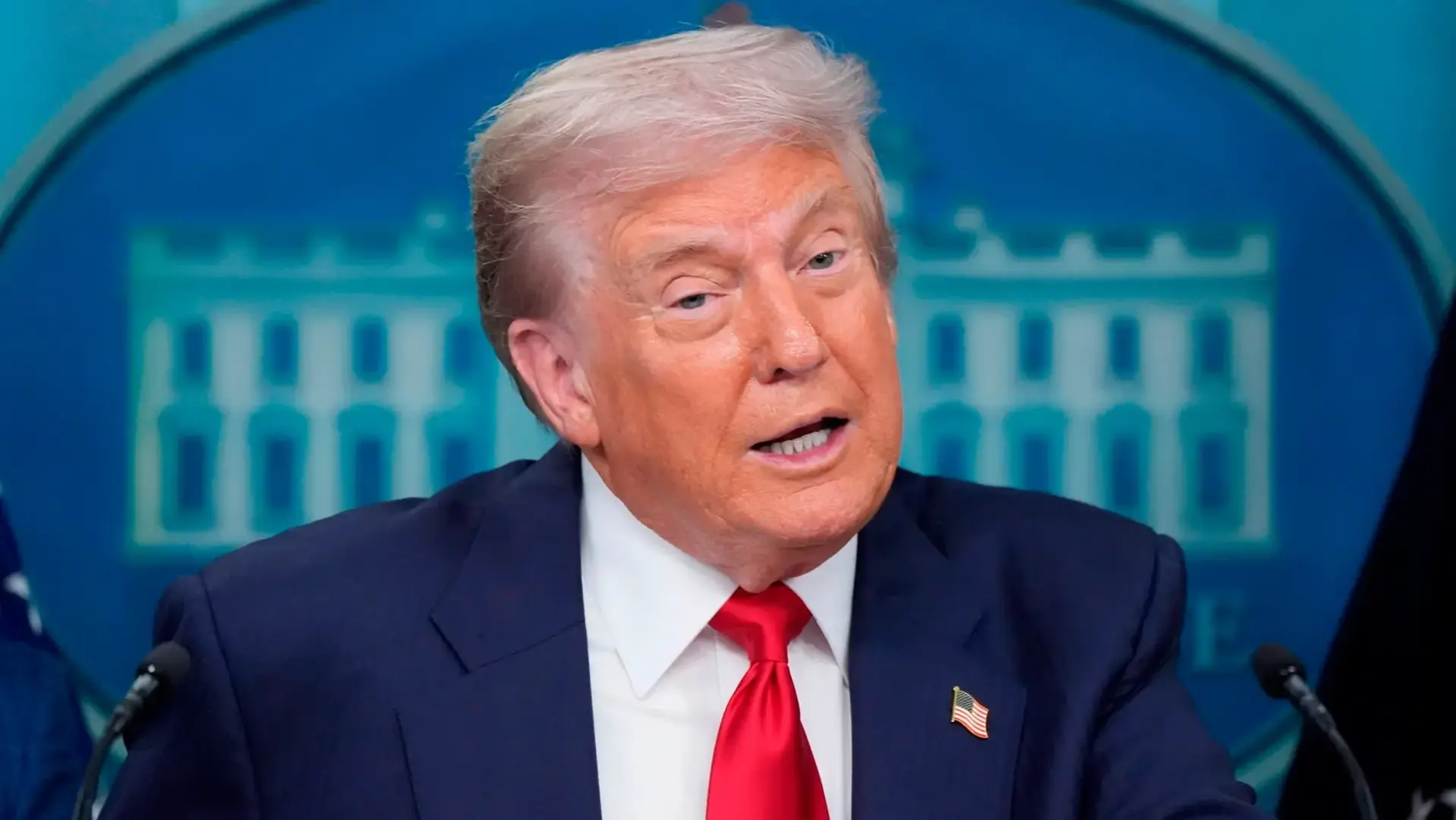China is reportedly discouraging domestic companies from using Nvidia's H20 processors, particularly in government-related projects. This move threatens Nvidia's efforts to regain billions in revenue within China. The Chinese government is also questioning companies as to why they would choose Nvidia's H20 chips over domestic alternatives, and whether they have encountered any security issues with the Nvidia hardware.
State media outlets have also cast doubt on the security and reliability of H20 processors, with claims that the chips are neither technologically advanced nor environmentally friendly. These reports suggest potential 'backdoor' vulnerabilities that could allow remote access or control. Nvidia has denied these allegations, asserting that its chips contain no such vulnerabilities.
The H20 chip was specifically designed for the Chinese market to comply with US export restrictions on advanced AI chips. This guidance against using Nvidia's H20 chips aligns with a broader effort to promote domestic AI hardware, such as Huawei's Ascend chips. Despite these challenges, demand for Nvidia products remains strong in China, with a significant black market for banned AI chips.




